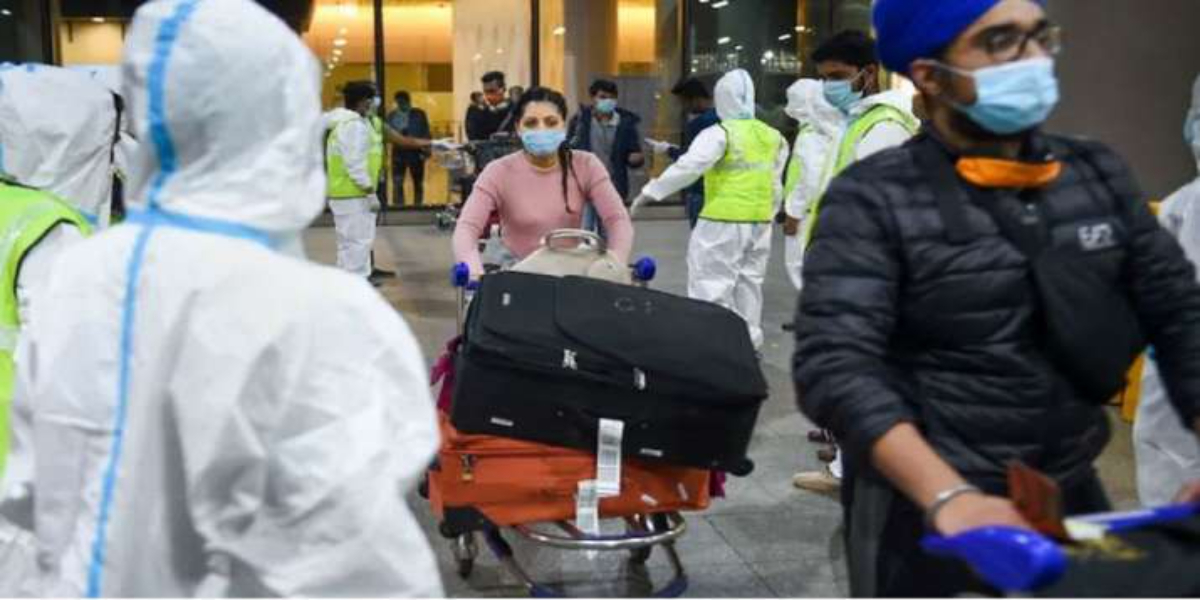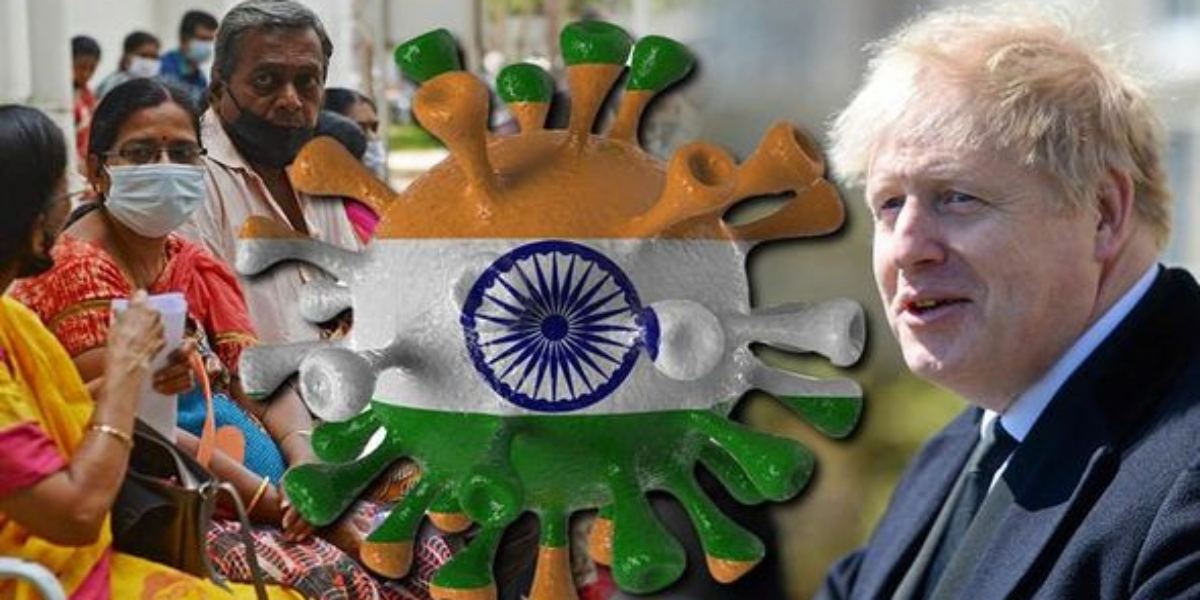The United States (US) has imposed a new travel ban on India following the prevailing COVID-19 pandemic, limiting most US citizens from entering the country.
US President Joe Biden announces new travel restrictions on India, which take effect on Tuesday, May 4.
According to the statement by the White House, “These restrictions by the US were imposed because the magnitude and scope of the COVID-19 pandemic in India was surging.”
On Friday, Biden had signed a proclamation implementing the restrictions.
The proclamation said, “India accounts for over one-third of new global cases” and added that “proactive measures are required to protect the nation’s public health from travellers entering the United States from India.”
Earlier, India had been added to the “red list” of countries from which most travel to the United Kingdom (UK) is banned amidst concerns about the deadly COVID-19 outbreak across the country.
The British Naz Shah had said that India should have been placed on the red list much earlier. The decision was only put off because Boris Johnson was hoping to avoid cancelling his travel to India.
British or Irish passport holders as well as people with UK residence rights would have been allowed to enter but must quarantine for 10 days in a hotel approved by the government.



